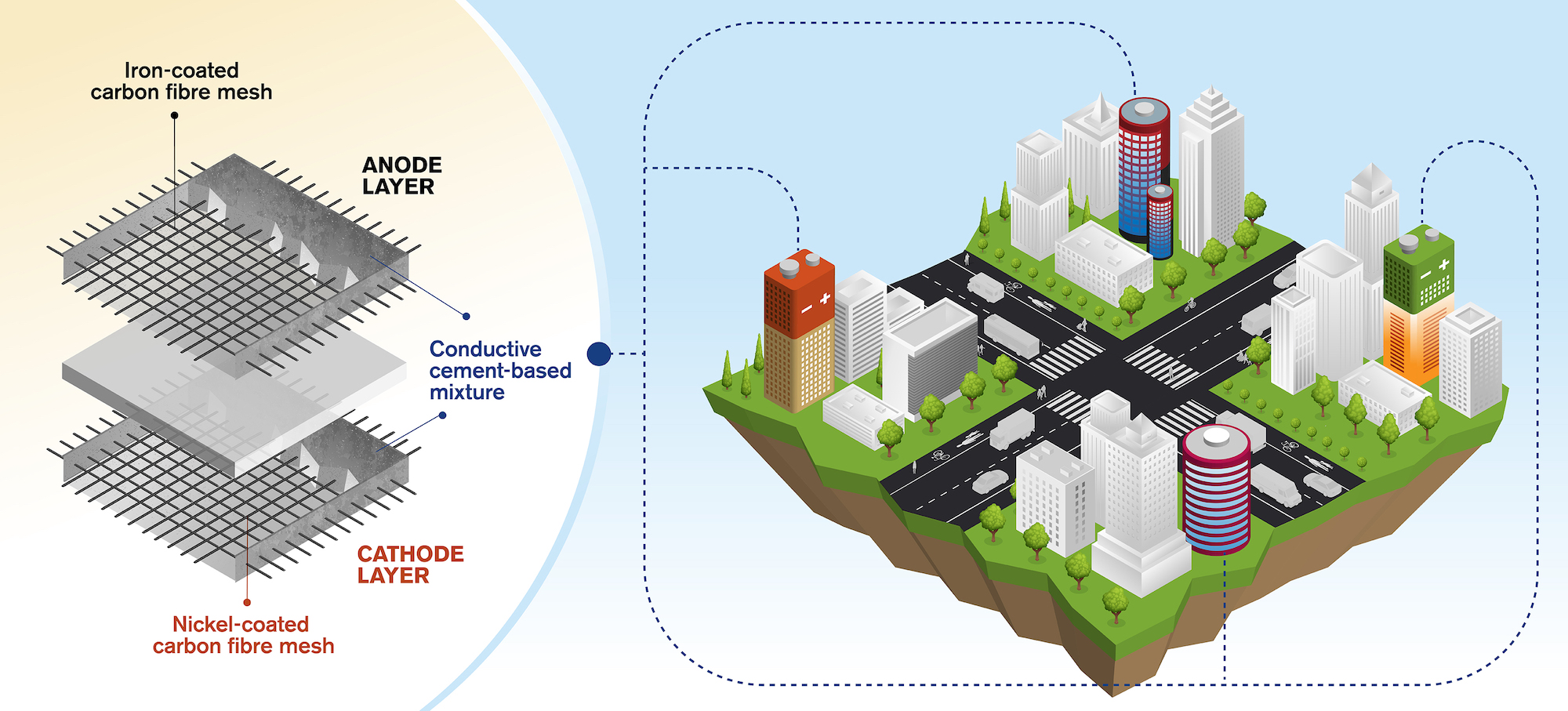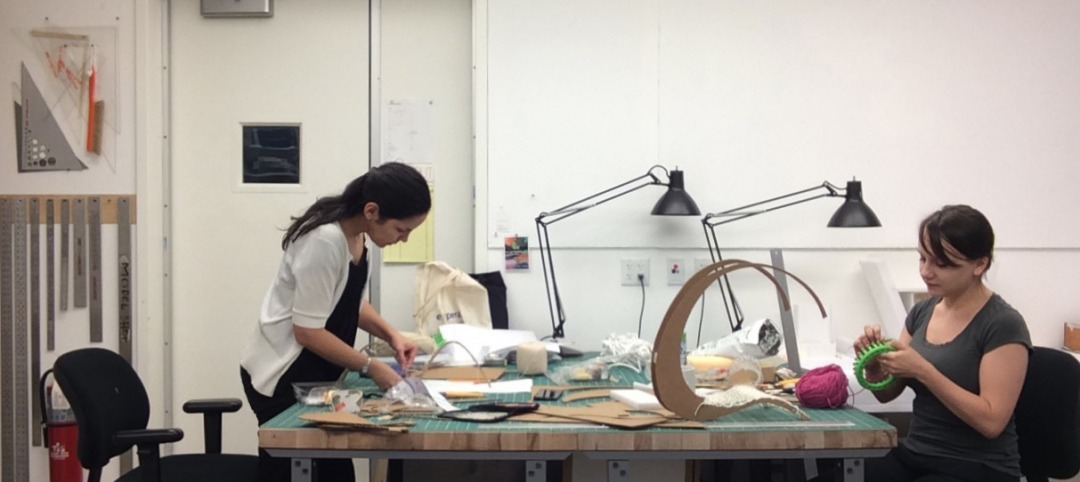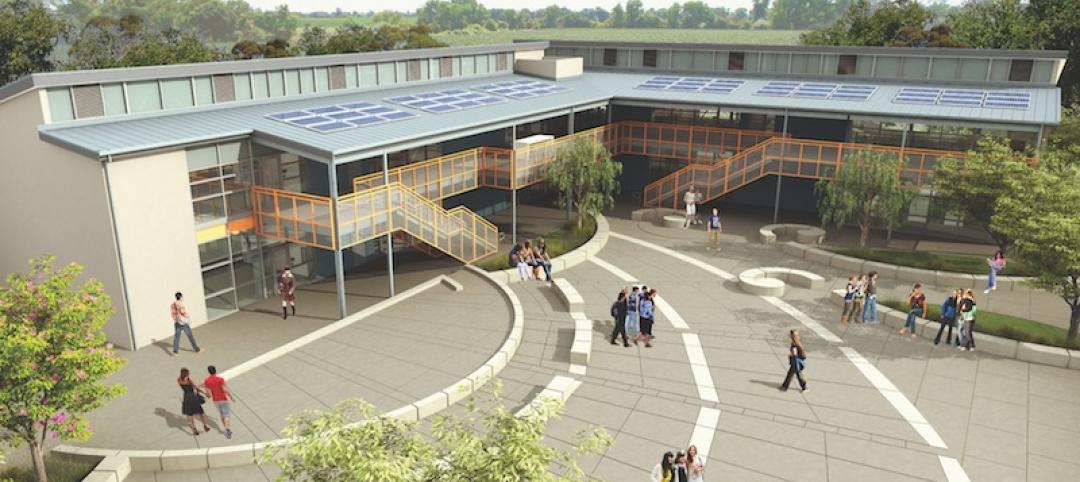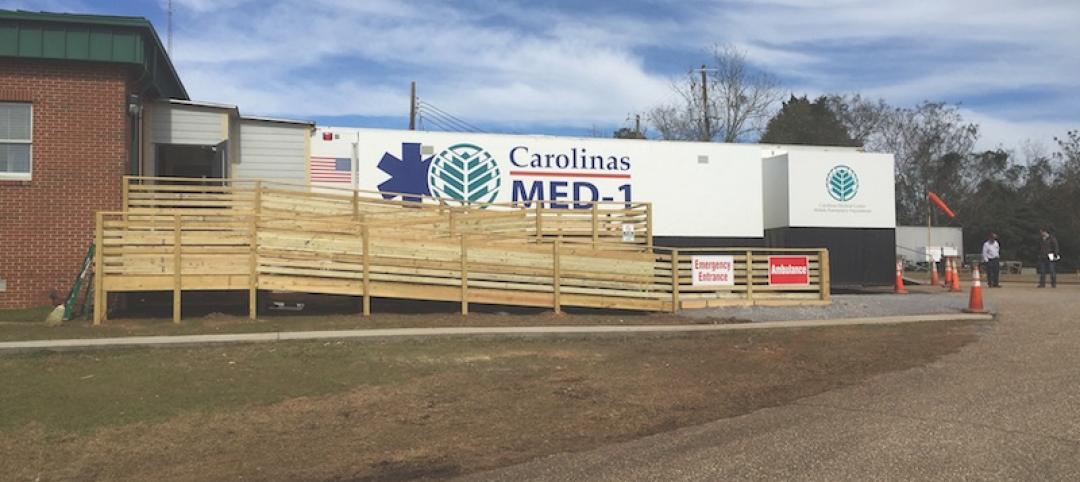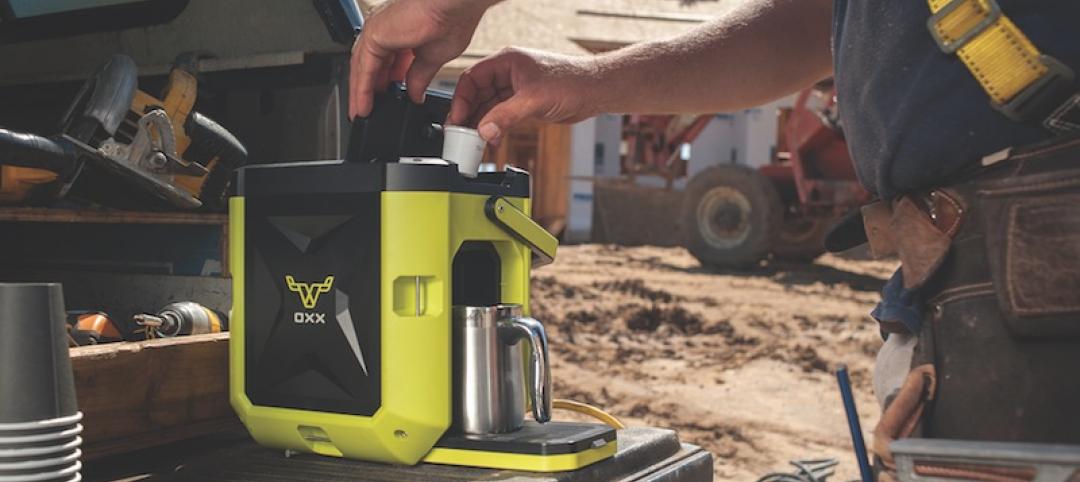Researchers from the Department of Architecture and Civil Engineering at Chalmers University of Technology in Gothenburg, Sweden, have created a concept for rechargeable batteries made of cement.
The concept involves a cement-based mixture with small amounts of short carbon fibers added to increase conductivity and flexural toughness. Embedded within this mixture is a metal-coated carbon fiber mesh—iron for the anode and nickel for the cathode. Several combinations for the electrodes were tested before the iron anode and nickel-based oxide cathode were found to yield the best results. Additionally, researchers had to experiment with different ratios of carbon fiber before finding an optimal mixture of around 0.5% carbon fiber to improve the cement-based mixture’s conductivity for the electrolyte.
The resulting cement-based battery has an average density of 7 watt-hours per square meter during six charge and discharge cycles—low in comparison to commercial batteries, but still potentially very beneficial to the built environment considering the large volume at which the battery could be constructed when used in buildings, bridges, dams, and other concrete structures.
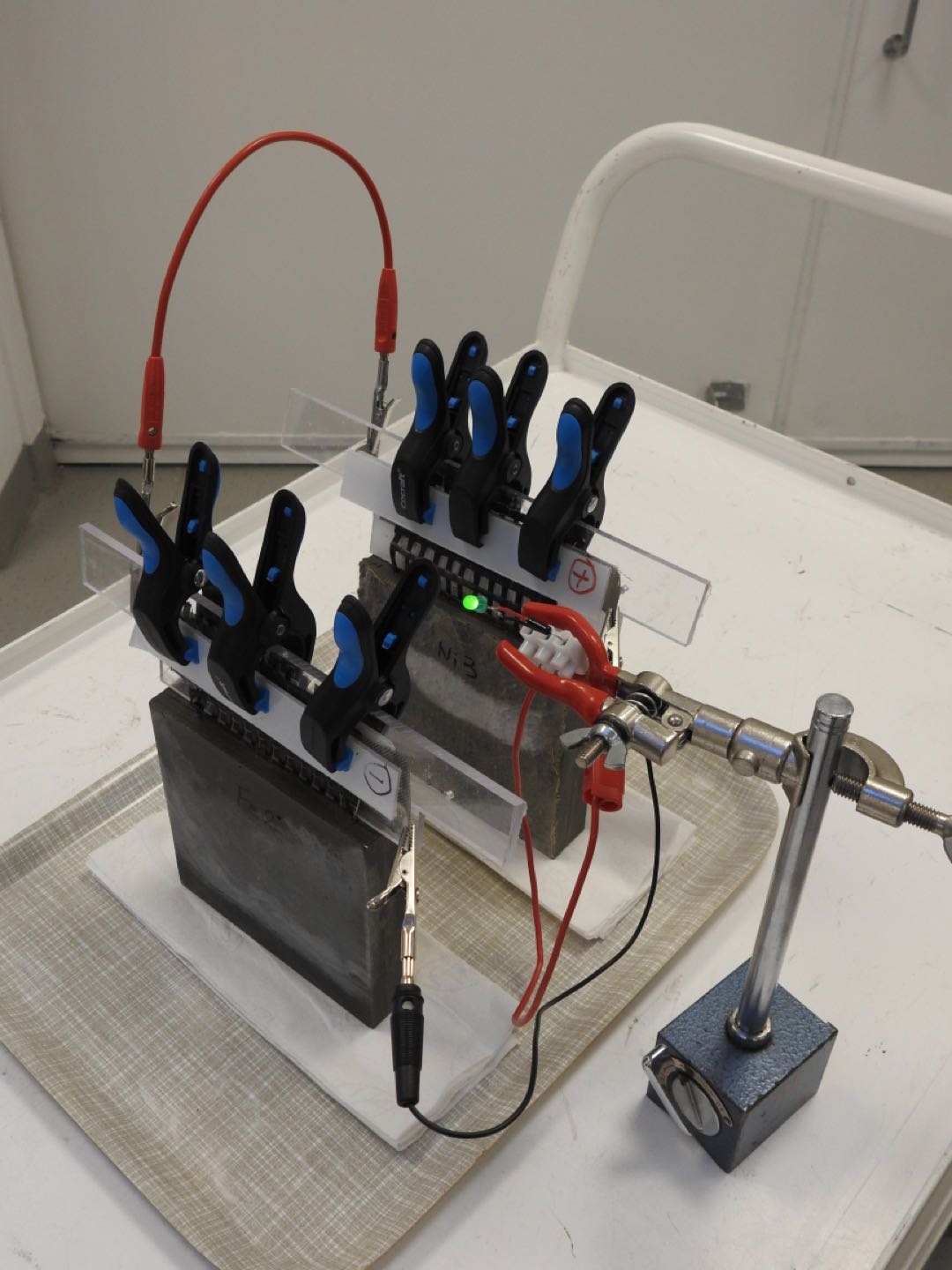
The research team—led by Chalmers Professor Luping Tang and Emma Zhang, PhD, formerly with the university, now Senior Development Scientist at Delta of Sweden—envisions possible applications for the concept that range from powering LEDs, providing 4G connections in remote areas, and cathodic protection against corrosion in concrete infrastructure.
“It could also be coupled with solar cell panels to provide electricity and become the energy source for monitoring systems in highways or bridges, where sensors operated by a concrete battery could detect cracking or corrosion,” said Zhang.
Technical questions that need to be answered before commercialization of the concrete technology include extending the service life of the battery and the development of recycling techniques. The batteries would need to either be able to match the 50-100 year life of a typical concrete building or be made easier to exchange and recycle when their service life is over.
Despite these obstacles, the researchers are optimistic the concept has plenty to offer as a future building material that contributes to additional functions such as renewable energy sources.
Related Stories
Great Solutions | Mar 8, 2017
Pop-out balcony is a breath of fresh air for stuffy hotel rooms and apartments
In less than one minute, Bloomframe transforms from an insulated picture window to an open balcony.
Great Solutions | Feb 3, 2017
Drone-based hospitality concept looks to make nomads of us all
Driftscape could take the resort industry to places no hotel has ventured before.
AEC Tech | Sep 6, 2016
Innovation intervention: How AEC firms are driving growth through R&D programs
AEC firms are taking a page from the tech industry, by infusing a deep commitment to innovation and disruption into their cultural DNA.
Great Solutions | Aug 23, 2016
GBBN designers take on wellness research
In a new research paper, three healthcare specialists present factors that contribute to a psychological state that is receptive to healing.
Great Solutions | Aug 23, 2016
Visual energy model database demystifies net-zero design
Diamond Schmitt Architects’ ecoMetrics tool allows its designers to quickly analyze solutions based on models from 44 LEED-certified projects.
Great Solutions | Aug 23, 2016
Reusable infection control barriers ease hospital renovation
Clark Construction Group pilots the Edge Guard system on the Fair Oaks (Va.) Hospital reconstruction project.
Great Solutions | Aug 23, 2016
Novel construction approach speeds K-12 school projects
The Folia system uses pre-engineered components to deliver school buildings at 20% less cost.
Great Solutions | Aug 23, 2016
Mobile emergency room arrives just in time for Alabama hospital
The MED-1 Mobile Hospital Unit serves as a lower-cost solution during construction of new ED.
Great Solutions | Aug 23, 2016
Durable coffeemaker brings a bit of comfort to job sites
The CoffeeBoxx is lightweight rust proof, dust proof, water resistant, and ultra durable.
Great Solutions | Aug 23, 2016
Reclaimed wood paneling adds color to retail and hospitality projects
Colorburst panels are available in four stock options—Robin Egg Blue, Viridian Green, Haute Pink, and Cascade White—as well as custom colors.


